Corrosion, Brakes, and Bulbs: Warranty Coverage for the Small but Important Stuff on Your VW
Understanding Your VW New Vehicle Limited Warranty Basics
Before we dive into the specifics, it's crucial to have a foundational understanding of your Volkswagen New Vehicle Limited Warranty. Generally, new VW models come with a comprehensive warranty package designed to cover defects in material or workmanship. This typically includes a 'bumper-to-bumper' style coverage for a specified period or mileage, as well as separate coverage for specific components like the powertrain. However, the exact terms can vary by model year and region, so always refer to your owner's manual and warranty booklet for the precise details pertaining to your vehicle. The key takeaway is that these warranties are there to protect you from manufacturing defects, not from normal wear and tear or damage caused by accidents or lack of maintenance. Keeping this distinction in mind will help clarify what to expect when it comes to corrosion, brakes, and bulbs.
The Silent Battle: VW's Anti-Perforation (Corrosion) Warranty
Corrosion, often simply called rust, is a car owner's quiet nemesis. While modern Volkswagen vehicles are built with advanced anti-corrosion treatments and galvanized steel, the elements can still take their toll over time. Fortunately, Volkswagen offers a robust Anti-Perforation Limited Warranty, a testament to the durability of their vehicles. This warranty typically covers perforation due to corrosion from the inside out, meaning a hole completely through the body panel. This specific coverage is usually quite long-term, often spanning many years, such as 7 or 12 years, regardless of mileage. It's designed to protect against manufacturing defects in the body panel's corrosion protection application.
It's important to understand the nuances, though. Surface rust, which might appear due to stone chips, scratches, or environmental factors like road salt, is generally not covered unless it leads to perforation caused by a defect. The warranty specifically addresses rust that originates from the inside of the body panel and works its way through. Furthermore, for the warranty to remain valid, your vehicle must undergo regular body inspections as outlined in your owner's manual, especially if you live in areas prone to heavy road salt usage. Any damage that could lead to corrosion, such as collision repair or aftermarket modifications, must be properly addressed with genuine VW parts and approved repair methods. Always consult your VW dealer if you notice any signs of corrosion to determine if it falls under warranty coverage.
Stopping Power: Brakes and Their Limited Warranty Coverage
Your vehicle's brakes are arguably its most critical safety system. Brake components, including pads and rotors, are considered wear-and-tear items; they are designed to be consumed over time and mileage. Therefore, normal wear of brake pads and rotors is generally not covered under the standard new vehicle limited warranty. However, this doesn't mean brake issues are entirely outside of warranty consideration. If your VW experiences a brake component failure due to a manufacturing defect within a very short initial period or mileage (e.g., within the first 12 months or 12,000 miles, though specific terms vary), it might be covered. This could include issues like prematurely warped rotors, defective calipers, or an electrical issue with an ABS component, provided it's due to a factory defect and not normal wear, abuse, or lack of maintenance.
For instance, if you experience excessive brake squeal or grinding very early in your vehicle's life, a VW service center can diagnose if it's a defect. If it is, the repair or replacement might be covered. Any brake repairs performed using genuine Volkswagen Original Parts by an authorized VW dealer typically come with their own parts warranty, which offers additional peace of mind for future issues with those specific replaced components. To ensure the longevity and safety of your braking system, always adhere to your VW's recommended service intervals and have brake inspections performed by certified technicians using genuine VW parts.
Shining Bright: Bulbs and Other Electrical Components Warranty
It might seem trivial, but a burnt-out headlight or taillight can be a major inconvenience and a safety hazard. The good news is that many light bulbs and certain electrical components in your Volkswagen are indeed covered by the new vehicle limited warranty, albeit often for a more limited period or mileage than the main vehicle warranty. Typically, incandescent and halogen bulbs are covered for manufacturing defects for a shorter duration, such as 12 months or 12,000 miles, whichever comes first. This means if a bulb fails within this period due to a defect, it should be replaced under warranty. However, this coverage does not extend to normal bulb burnout due to the end of its natural lifespan.
For more advanced lighting systems, such as LED headlights, taillights, or Xenon HID bulbs, the coverage can be different. If these are sealed units where the bulb is not easily replaceable, their coverage might align more closely with the general vehicle warranty period, as their failure is often indicative of a defect in the entire assembly rather than a simple bulb burnout. Similarly, other small but important electrical components, like interior lights, dashboard indicator bulbs, fuses, window switches, and power accessory motors, are generally covered under the main new vehicle limited warranty for defects in material or workmanship for the full warranty period. Always check your specific warranty booklet for the exact terms and durations applicable to your vehicle's various electrical components, as specific exclusions or limitations may apply.
Maximizing Your VW Warranty Coverage
Understanding your warranty is the first step; maximizing its benefits is the next. Here are some key tips:
- Follow Scheduled Maintenance: Adhering to your VW's recommended service schedule is paramount. Regular maintenance helps prevent issues, keeps your vehicle in top condition, and is often a prerequisite for warranty claims.
- Keep Detailed Records: Maintain thorough records of all service and maintenance performed on your vehicle, especially if done outside of an authorized VW dealership. This documentation can be crucial if you need to make a warranty claim.
- Use Genuine VW Parts: When replacing components, always opt for genuine Volkswagen Original Parts. These parts are designed specifically for your vehicle and are often covered by their own warranty when installed by an authorized dealer.
- Address Issues Promptly: Don't ignore warning signs. If you suspect an issue, especially regarding corrosion, brakes, or electrical components, have it inspected by an authorized VW service center as soon as possible. Early detection can prevent larger problems and ensure a timely warranty claim.
- Know Your Warranty Booklet: Your vehicle's warranty booklet is your ultimate guide. It contains all the precise terms, conditions, limitations, and exclusions specific to your model and region. Take the time to read through it carefully.
By being proactive and informed, you can ensure that your small but important components are covered when unexpected issues arise, keeping your VW running smoothly and safely for years to come.
Conclusion
The intricate details of your Volkswagen's warranty might seem overwhelming, but understanding coverage for seemingly minor components like corrosion, brakes, and bulbs is crucial for peace of mind and long-term vehicle health. While wear-and-tear items have specific limitations, manufacturing defects in these 'small but important' parts are often covered for a designated period. By staying informed, adhering to maintenance schedules, and utilizing authorized Volkswagen service, you can confidently navigate ownership, ensuring your VW remains a reliable and enjoyable part of your life. Always remember to consult your official warranty documentation or your trusted VW dealer for the most accurate and personalized information regarding your vehicle's specific coverage.Where can I find my VIN?

Related Topics
- The EV Advantage: Understanding Your Mercedes-EQ Battery Warranty
- Transferring Your Mercedes-Benz Warranty: What You Need to Know to Maintain Value
- Is a Mercedes-Benz Extended Warranty a Smart Investment? A Cost-Benefit Analysis.
- Buying a Pre-Owned Mercedes-Benz: Unlocking Luxury with Certified Pre-Owned (CPO) Assurance

